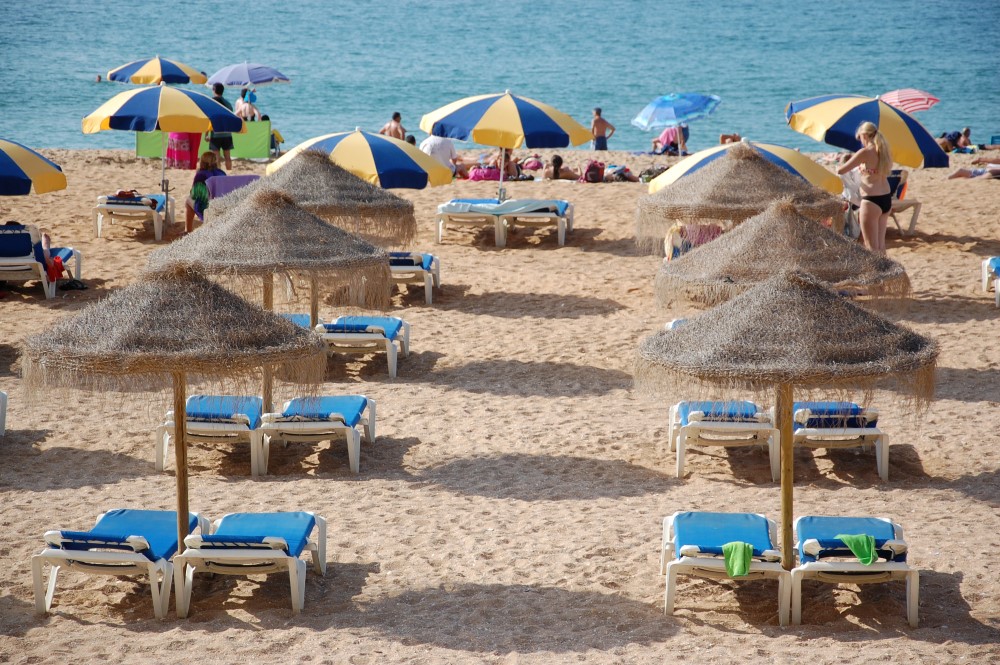AHETA – Association of Hotels and Touristic Enterprises of the Algarve wants the Algarve Councils that implement the tourist tax to create “a Municipal or Regional Specific Fund, to be managed in partnership with the private sector”.
At a time when many municipalities in the Algarve are moving towards the introduction of this tax – which the business association has long condemned, considering it “unfair and inappropriate of regional tourist realities” – AHETA decided not to oppose the introduction of this tax, as long as the funds collected "are directed towards improving the attractiveness of the destination".
In other words, the tourist tax should, in the view of entrepreneurs, revert to «promotional actions and structuring and qualification of the tourist product, as well as to support sustainable tourism projects and the recovery and rehabilitation of historical heritage».
AHETA also defends that «that the income resulting from the “Touristic Tax” should revert, preferably, to the construction, maintenance, rehabilitation of urban and tourist areas lacking recovery plans and various improvements in goods of the public and private domain of the various municipalities in the region».
The association also calls for "respect for the principle of subsidiarity" and that "the amounts collected by the various municipalities, in whole or in part, can be reflected more equitably throughout the regional space." After all, he recalls, around 70 percent of the total overnight stays generated in the region are concentrated «in just three municipalities – Albufeira, Loulé and Portimão».
Even so, the association is keen to make it clear that the best thing was that the tourist tax did not exist. "The introduction of a rate of this nature, at a time when demand has cooled down, combined with other uncertainties, such as the consequences of Brexit, for example, translated into an 8,5% decline in the British market in 2017 and 6,1 .2018% in XNUMX, contributes to transmitting a negative signal to international markets and, in this way, further accentuate the loss of competitiveness vis-à-vis other competing destinations».
For AHETA “it is necessary to avoid that the introduction of the “Touristic Tax” can contribute to, in the context of the highly competitive and competitive international tourist offer, benefit other competing tourist destinations where this tax is not applied and it is not foreseeable that it will apply to us. short and medium term'.



















Comments